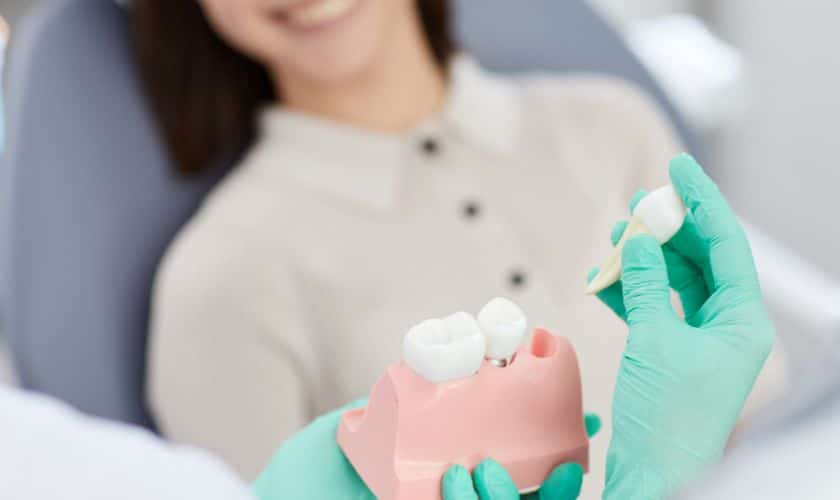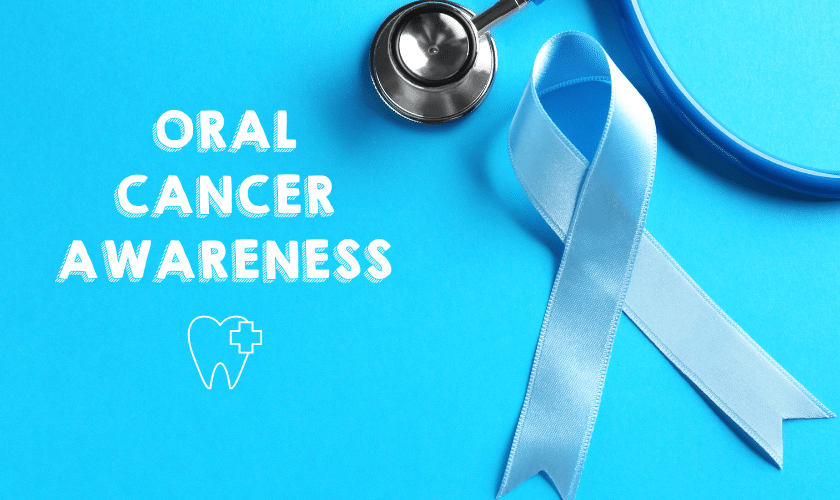
Tooth Extraction: When And Why It’s Necessary For Oral Health
While the goal of dentistry is to preserve natural teeth whenever possible, there are situations where tooth extraction becomes necessary for the overall oral health of an individual. Tooth extraction involves the removal of a tooth from its socket in the jawbone. In this blog, we will explore the reasons why tooth extraction may be necessary, the conditions that may require it, and the importance of this procedure in maintaining oral health.
Why Tooth Extraction Is Necessary For Oral Health
I. Severely Damaged or Decayed Teeth
When a tooth is severely damaged or decayed beyond repair, extraction may be the best course of action. This includes cases where the tooth has extensive decay that compromises its structure, fractures that extend below the gum line, or trauma that has caused irreparable damage. Removing the damaged tooth can prevent further pain, infection, and potential complications in surrounding teeth and gums.
II. Advanced Gum Disease (Periodontitis)
Periodontitis, or advanced gum disease, can lead to the loss of supporting structures around the tooth, including the gums, bone, and connective tissues. In severe cases, this can cause the affected tooth to become loose and unable to be saved. To prevent the spread of infection and to preserve the health of surrounding teeth and gums, tooth extraction may be necessary.
III. Overcrowding or Misalignment
In cases of overcrowding or severe misalignment, tooth extraction may be recommended as part of orthodontic treatment. Removing one or more teeth creates space for the remaining teeth to properly align, allowing for more effective orthodontic treatment and improved overall dental alignment. Tooth extraction in these cases is a strategic approach to achieve a harmonious and functional bite.
IV. Impacted Wisdom Teeth
Wisdom teeth, also known as third molars, often do not have enough space to fully emerge and can become impacted. Impacted wisdom teeth can cause pain, swelling, infections, and damage to neighboring teeth. In such cases, extraction is often necessary to prevent these complications and maintain oral health. It is common for these teeth to be extracted preventively before they cause problems.
V. Preparing for Orthodontic Treatment
In some cases, tooth extraction is necessary as part of the preparation for orthodontic treatment. This is particularly true when there is significant crowding or misalignment of the teeth. By removing specific teeth, orthodontists can create the space needed for the remaining teeth to move into proper alignment during treatment, improving the overall outcome of orthodontic correction.
VI. Baby Teeth that Don’t Fall Out
Sometimes, primary or baby teeth may not naturally fall out on their own, preventing the eruption of permanent teeth. When this occurs, the dentist may recommend extraction to allow the permanent teeth to come in properly. By removing the baby teeth, space is created for the permanent teeth to grow and align correctly.
The Bottom Line
Tooth extraction, though often seen as a last resort, plays an important role in maintaining oral health in various situations. Whether it’s severe damage, advanced gum disease, overcrowding, impacted wisdom teeth, preparation for orthodontic treatment, or retained baby teeth, extraction can help alleviate pain, prevent further complications, and contribute to overall dental well-being. If you’re facing a tooth extraction, trust your dentist’s expertise to determine the best course of action for your specific oral health needs.





